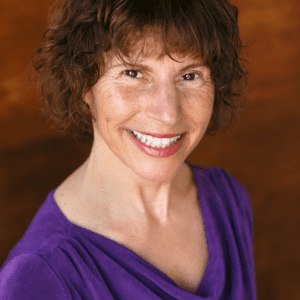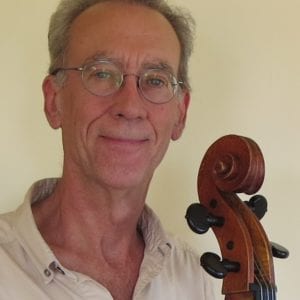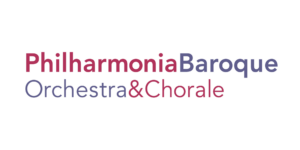
- This event has passed.
Pau Brazil
Thursday September 3, 2020

The Heart of the Tree That Powers The Bow
Perhaps one of the most emblematic relationships between the natural world and classical music is that of the endangered national tree of Brazil, the Pau Brazil tree (Caesalpinia echinata) and its role in the craft of bow making over the centuries. We’ll hear from Zac Cande, Professor Emeritus of Plant Cell Biology at the University of California, Berkeley on the unique biology of the “pernambuco” wood, the fascinating history of wood trade and commerce, and the conservation issues around the Pau Brazil tree. PBO violinist Lisa Grodin and cellist Paul Hale will compare the structural and tonal qualities of their pernambuco and other bows made of rare wood. Join us for this program, and you’ll never hear a bow stroke the same way again!
*SCROLL DOWN TO WATCH THE RECORDING!*
Or copy and paste the following link:
https://youtu.be/7FTlBgGoDHQ
 Zac Cande is Emeritus Professor of Cell Biology in the UC Berkeley Departments of Molecular and Cell Biology, and Plant and Microbial Biology. His research focused on studying the mechanism and evolution of cell division in plants, yeast and Giardia. As an amateur cellist he became interested in the special properties of the woods used to make violin bows, and how their suitability for bow making was discovered.
Zac Cande is Emeritus Professor of Cell Biology in the UC Berkeley Departments of Molecular and Cell Biology, and Plant and Microbial Biology. His research focused on studying the mechanism and evolution of cell division in plants, yeast and Giardia. As an amateur cellist he became interested in the special properties of the woods used to make violin bows, and how their suitability for bow making was discovered.
 Lisa Grodin is a Grammy-nominated violinist and violist whose solo playing “San Francisco Concert Voice” hailed as “outstanding.” A devout chamber musician, Grodin has performed with ensembles such as Philharmonia Baroque Orchestra, Les Arts Florissants, Voices of Music, El Mundo, American Bach Soloists, Chanticleer, and Smithsonian Chamber Players. She is the Director of Education for Philharmonia Baroque Orchestra, the Music Director for the Junior Bach Festival, and she serves on the faculty of Crowden Music Center.
Lisa Grodin is a Grammy-nominated violinist and violist whose solo playing “San Francisco Concert Voice” hailed as “outstanding.” A devout chamber musician, Grodin has performed with ensembles such as Philharmonia Baroque Orchestra, Les Arts Florissants, Voices of Music, El Mundo, American Bach Soloists, Chanticleer, and Smithsonian Chamber Players. She is the Director of Education for Philharmonia Baroque Orchestra, the Music Director for the Junior Bach Festival, and she serves on the faculty of Crowden Music Center.

Cellist Paul Hale has a busy career playing both baroque and modern cello, and is a member of Philharmonia Baroque Orchestra, Opera San Jose, and California Symphony. He plays frequently with many other bay area groups including West Edge Opera, San Jose Chamber Orchestra, Marin Symphony, Festival Opera, Chora Nova, CA Bach Society, and SF Bach Choir. He studied with many fine teachers, primarily Margaret Rowell at UC Berkeley where he received the Eisner Prize for performing artists, and soloed with the UC Symphony. (He also received a BS in Mechanical Engineering Design.) Paul also studied at Tanglewood and Music Academy of the West, Santa Barbara. He was a cello instructor for a few years at UC Berkeley, then at UC Santa Cruz, and currently teaches privately.

